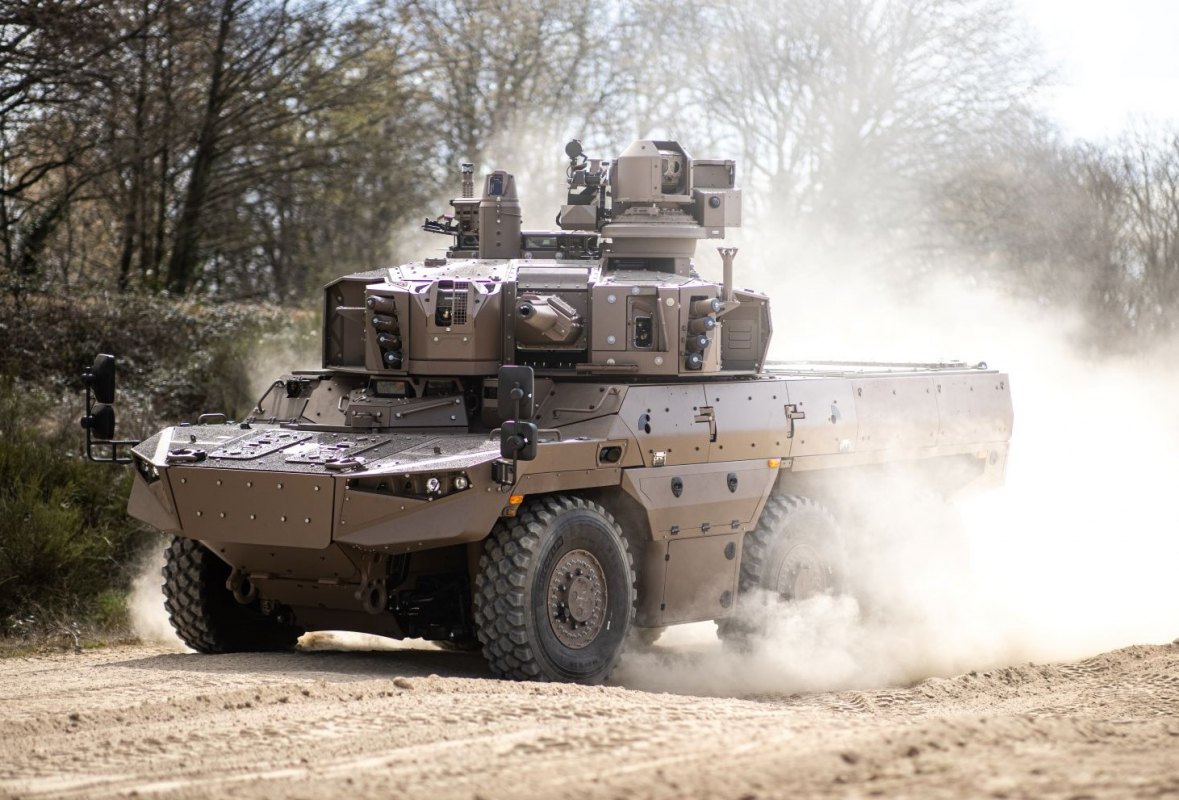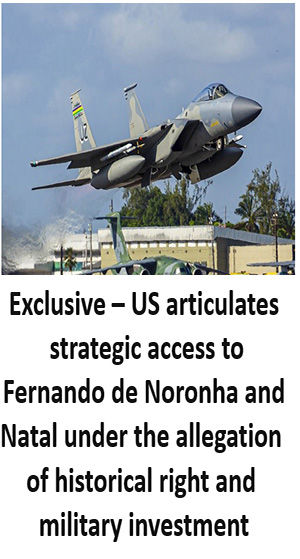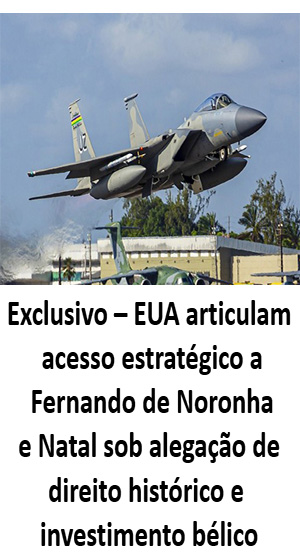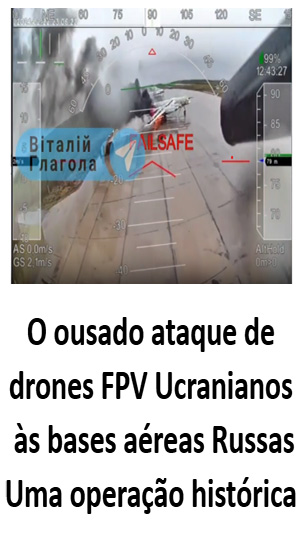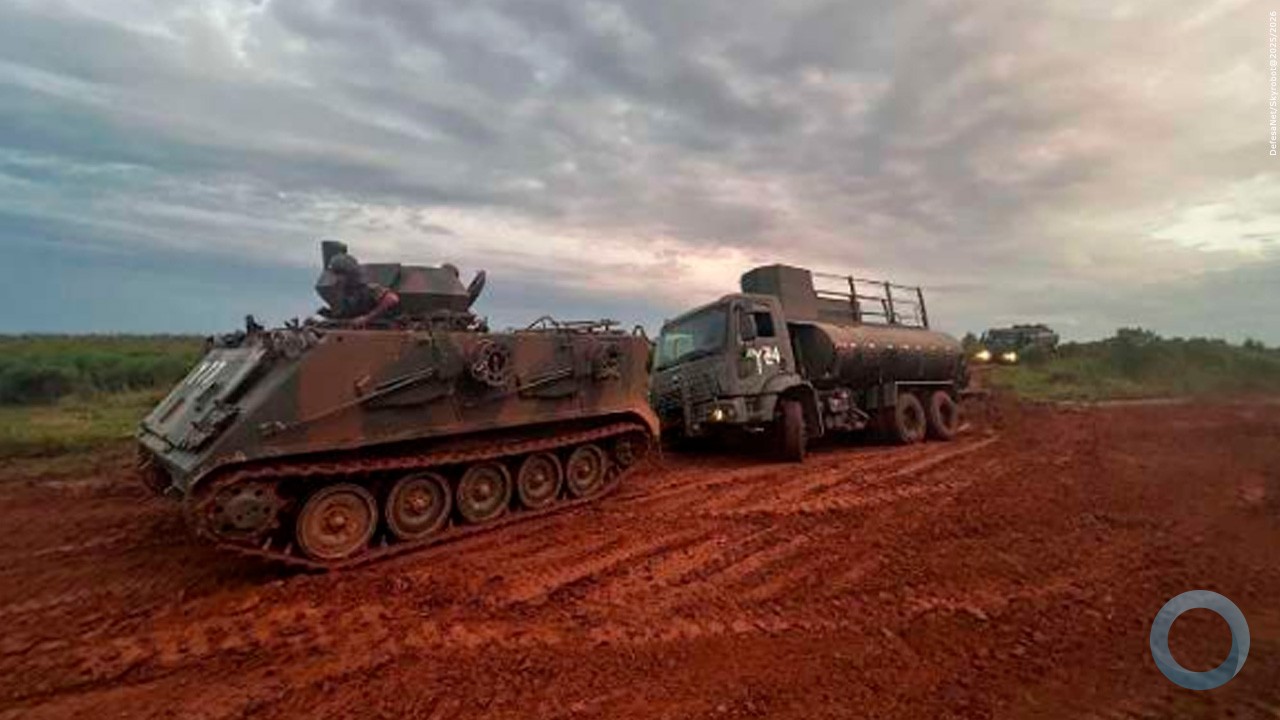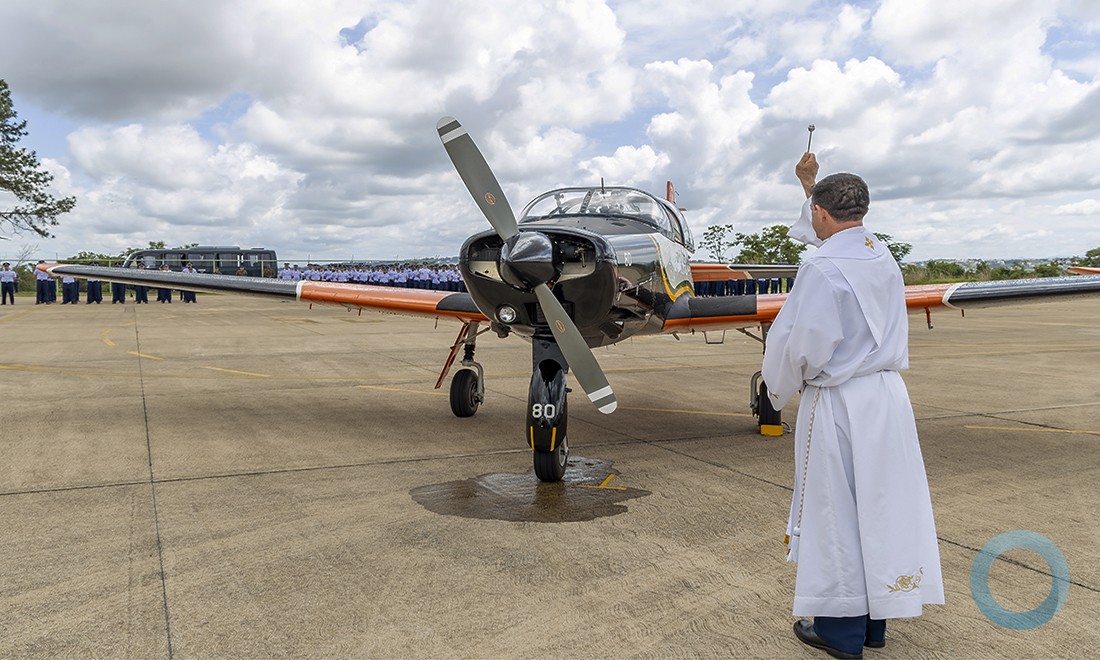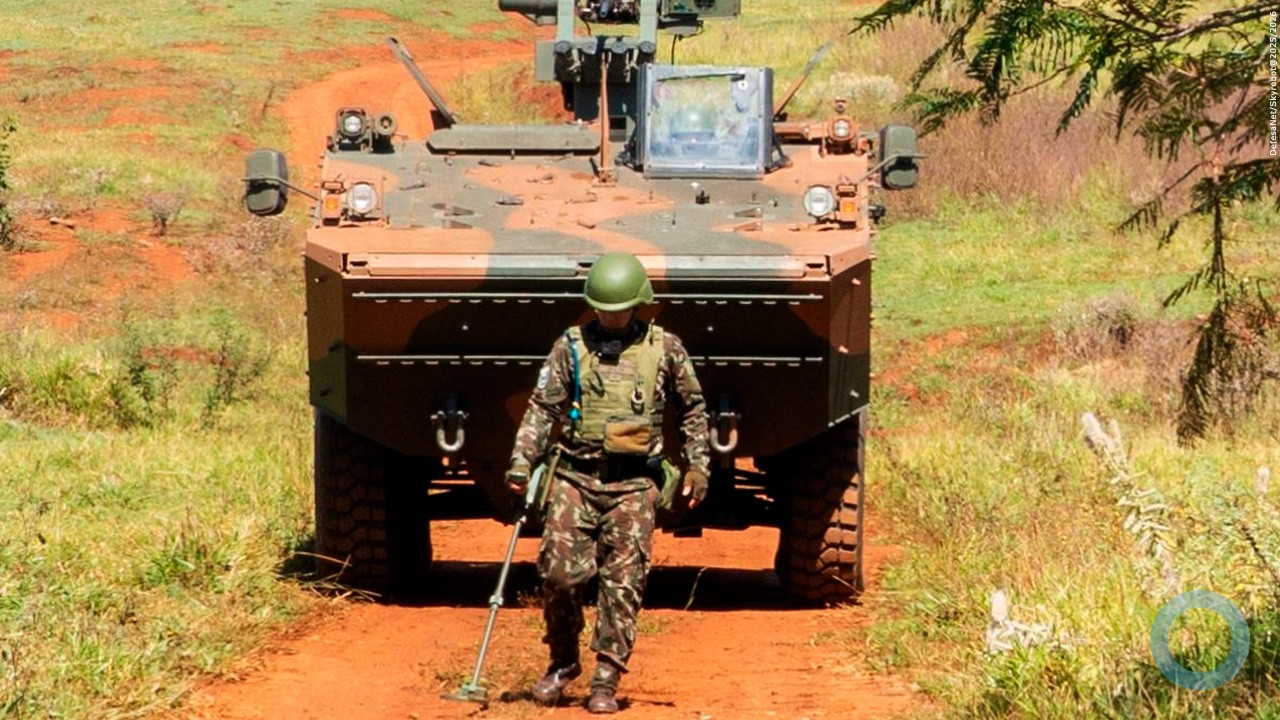By Tim Mahon
Source – Defense News
MANAUS, Brazil — Chinese military officials have requested the Brazilian Army's assistance in developing their own jungle warfare training capabilities, officials here said.
Briefing reporters in July, Col. Alcimar Marques de Araújo Martins, commander of the Centro de Instruçao de Guerra na Selva (CIGS – Jungle Warfare Training Center,) indicated that China had recently arranged to send a group of officers and NCOs to be trained at the CIGS, but they canceled their attendance in favor of an alternative approach.
“They have now asked us to provide a number of trainers and our jungle warfare training expertise to assist them in developing their own program in China,” he said. There was no indication as to the immediacy of such cooperation or the number of trainers likely to be sent. While it is not clear why the Chinese are expanding their jungle training operations, the country does have long, jungle-covered borders with several neighbors.
The CIGS, celebrating its 50th anniversary in 2015, has trained almost 6,000 officers and NCOs over the years, of which nearly 500 have been from foreign countries. Although the great majority of these foreign students have come from Brazil’s Latin American neighbors, there have been some 27 US attendees and over 100 from Europe, notably from France. Only one attendee, so far, has come from Asia.
CIGS’ modus operandi is to “train the trainers,” in courses limited to 100-120 students up to three times per year. The 10-week course (eight weeks for the senior officer’s course) teaches a wide variety of jungle warfare techniques ranging from survival and foraging to navigation, fire and movement disciplines, riverine assault techniques, and jungle hygiene procedures. Once graduated from the course, officers and NCOs return to their units to conduct training for their own troops.
In the Brazilian Army, the soldiers of Comando Militar da Amazônia (CMA – Amazon Military Command) provide special border platoons, who are posted to frontier locations for tours of up to a year, where they offer not only security but also social and educational assistance to remote communities. CIGS therefore places great importance on medical training and in the diagnosis and treatment of a wide variety of diseases and ailments unique to the jungle environment.
These platoons are central to the strategy of presence and deterrence in the more than 5 million-square-kilometer area of the Amazon basin constituting CMA’s area of responsibility. “We currently have 24 of these platoons, but our transformation program calls for this to increase to 52 and we will also be adding a fifth Jungle Infantry Brigade to our organization,” said Maj. Antoine de Souza Cruz of the CMA staff in Manaus.
Elsewhere in the Army’s training structure there is also close cooperation with foreign nations. Within the Parachute Infantry Brigade, based at Vila Militar outside Rio de Janeiro, the Precursor Pára Qedista (Parachute Pathfinder Company) already has training programs in place with neighboring nations, and even further afield, according to the company’s second in command, Capt. Gedeel Machado Brito Valin.
“The Pathfinder course here has become a reference for South America. Today we have a captain preparing and conducting the first Pathfinder course for the Paraguayan Air Force and next year we will continue with this program and also start cooperation of a similar nature in Argentina and Peru,” he said.
It is not just South America where Brazilian expertise in this area is understood and appreciated, Gedeel said.
“After a visit to the Brazilian Pathfinder Course, the Canadian Army invited us to send an instructor to the Canadian Forces Warfare Center to participate as a foreign instructor on the Canadian Pathfinder Course. We also had a Canadian instructor with us last year and this year will mark the second of our joint cooperation,” he said.
As part of its continuing improvement of training facilities and the implementation of more integrated training solutions, the Brazilian Army recently instituted a constructive simulation system aimed at providing a sophisticated training environment for commanders and staff at up to divisional level.
Known as COMBATER, the simulation system is based on SWORD, the artificial intelligence-based core wargaming solution developed by the MASA Group, Paris. SWORD has been tailored for the customer to take unique aspects of Brazilian Army tactical doctrine into account, as well as more directly address the developing training requirements.
In July in Comando Militar do Sul (Southern Military Command) commanders and staff from 3rd Division — one of the largest in the Army — took part in Operaçao Liberdade Azul, a division-level, four-brigade exercise that successfully stretched COMBATER to its limits. The exercise used all 128 licences MASA provided in its initial contract and coordinated headquarters staff for the division and its component units with elements of those units training "live" in the field.
Opposing forces provided from within the division were also catered for within the simulation.
“Exercises like this, supported by the facilities that COMBATER make available to us, are an ideal opportunity for us to grow. We love to make new mistakes and learn from them,” said Gen. José Carlos Cardoso, commander of 3rd Division. “And it is important we do so. As our Army chief of staff has said about the transformation process we are engaged in at the moment, the objective of transformation is to change minds.”






